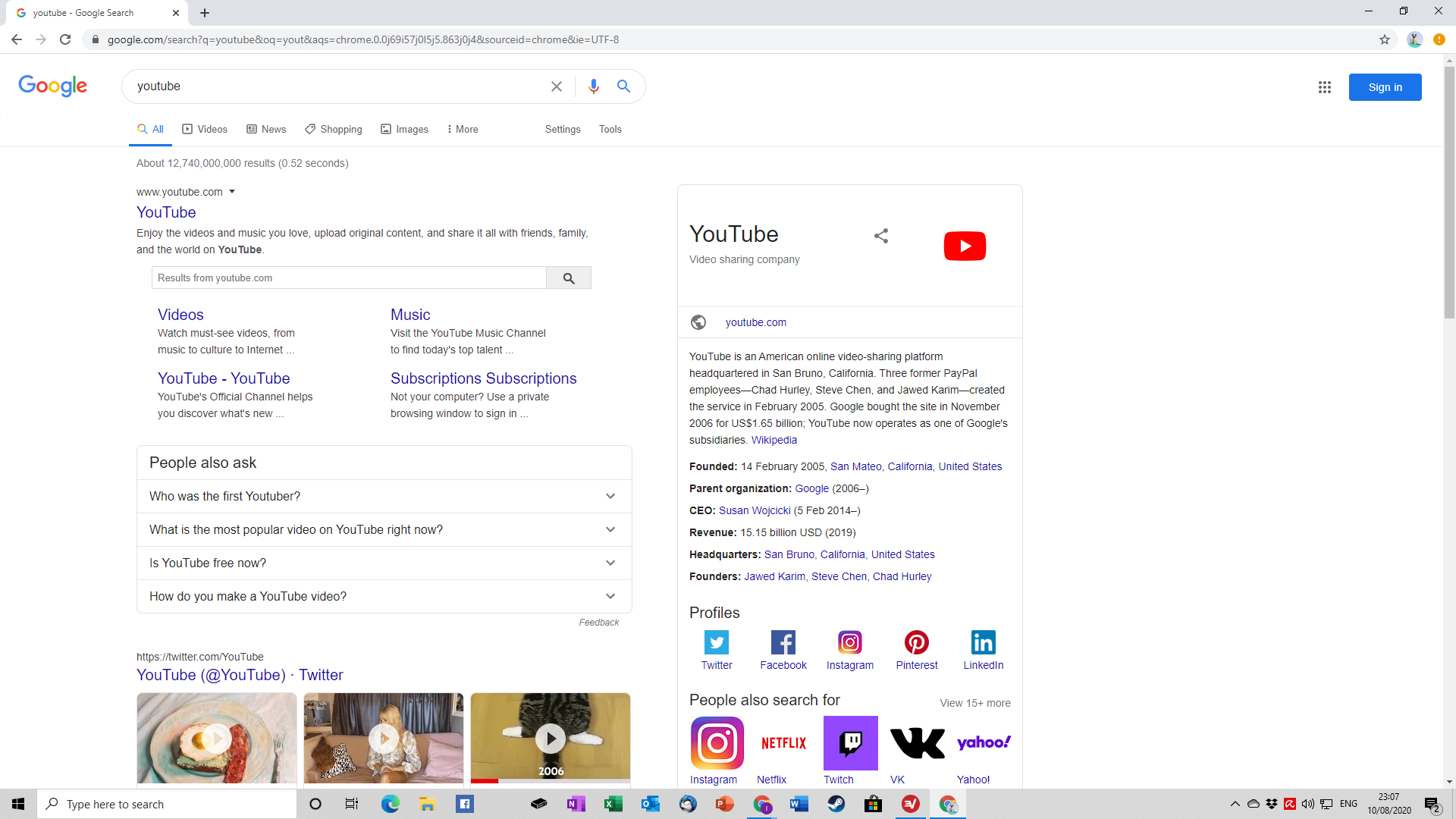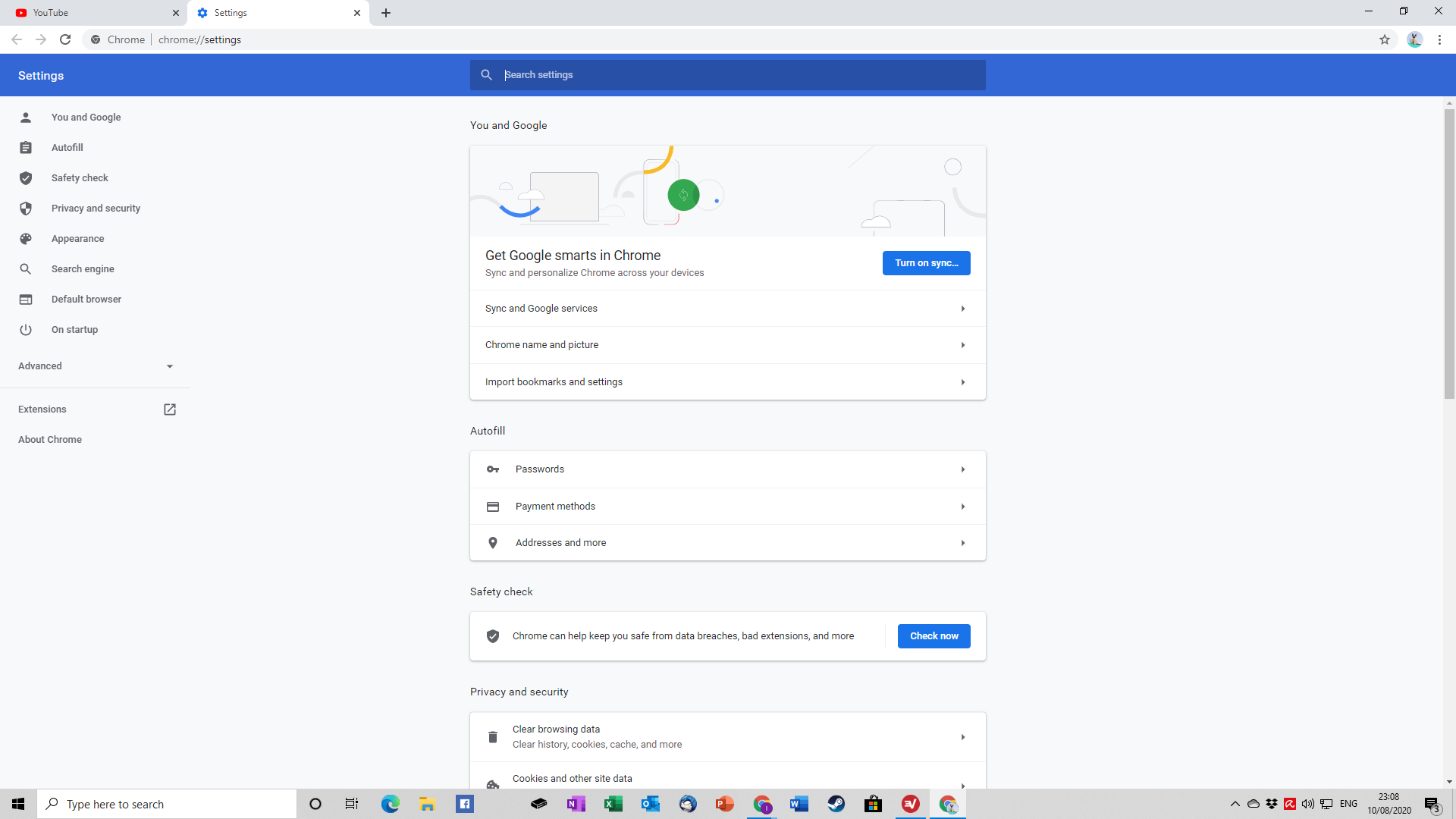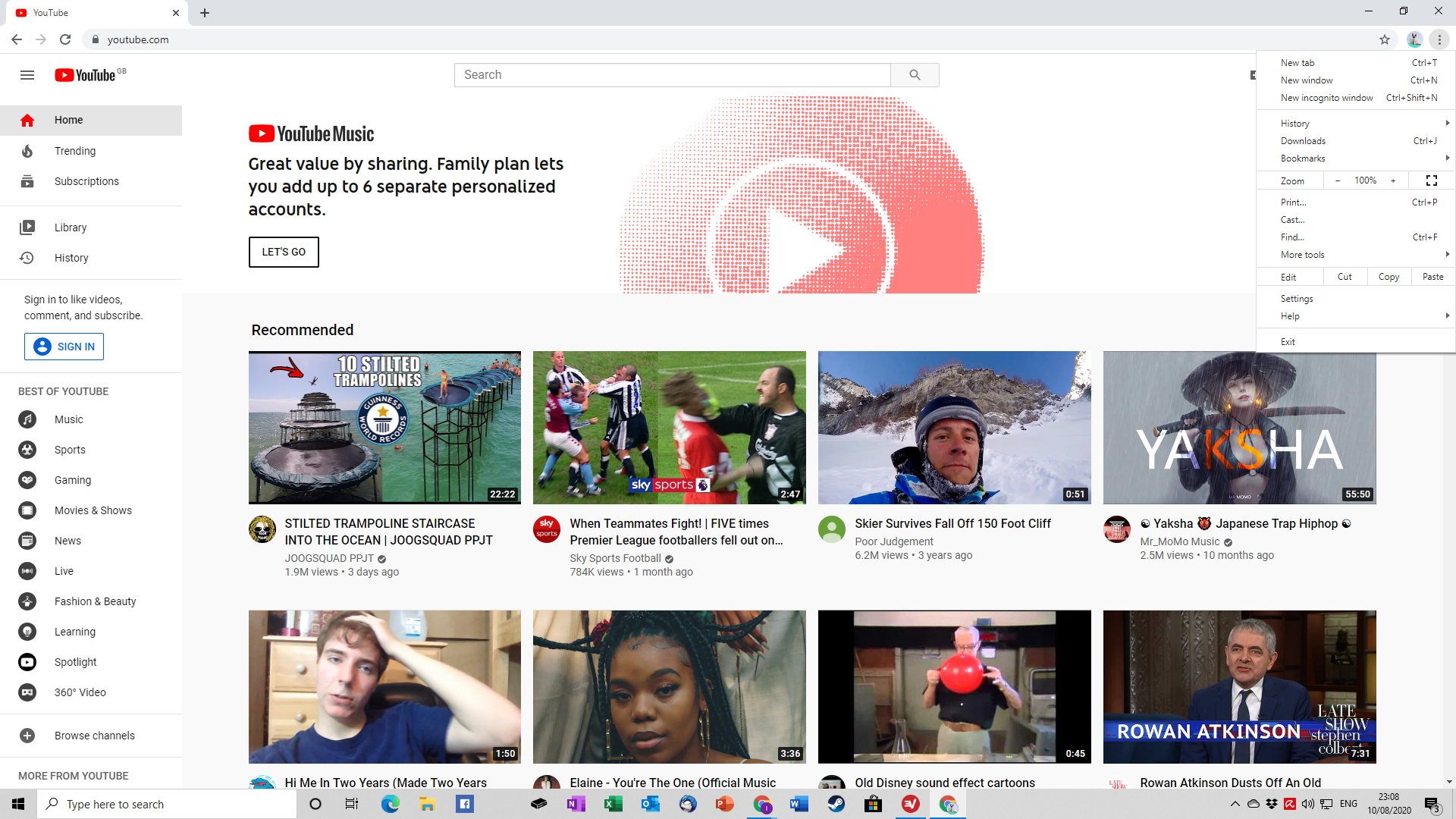Why Google FLoC might be bad news for your anonymity
The way that Google tracks your data is changing, but it's unclear whether FLoC will make things better for you.

Sign up to receive the latest news, reviews, buying guides and deals direct to your inbox
You are now subscribed
Your newsletter sign-up was successful
Recently, Google has announced that it will stop using cookies to track your internet browsing habits. In a blog post, it announced it under the guise of 'building a privacy-first future for web advertising' and doesn't that sound wonderful? Not exactly, it seems. Google plans on replacing traditional tracking cookies with a system known as FLoC - interest-based advertising - that Google reckons will provide users with more relevant adverts (and more anonymity with it) but, well, barely anyone else believes this a good thing. If you're curious about why that might be the case, we've had a crack at pinpointing key things you need to know about just what Google FLoC will mean for you.
What is FLoC?
FLoC, or Federated Learning of Cohorts, to give it its full name aims to give advertisers a way of targeting ads appropriately without exposing details on individual users. It does this by grouping people with similar interests together to form a series of cohorts.
It uses behavioral targeting without cookies, running in Google Chrome's browser (currently our second pick of the best web browsers out there) so that it can track a user's online behavior. Your browser history is assigned an identifier before you're added to the cohort. The thinking is that advertisers can't identify you individually because each browser is given an anonymous ID. The cohort ID is recalculated on a weekly basis with a new summary of your activity without actually being fully identified at any point.
Google claims that the data isn't stored on a server as it all happens through your computer due to its use of an algorithm called SimHash, so there are fewer privacy concerns to do with the use of third-party cookies. It's also stated that cohorts with 'highly sensitive content' won't be used such as if you frequently visit medical websites or sites that publish religious or political content.
It all sounds very promising on the surface but many people aren't so sure and for good reason.

The uncertainty surrounding FLoC
One of the loudest voices against the idea of Google's FLoC is the Electronic Frontier Foundation. It points out that the idea we should be celebrating this change is based on a 'false premise that we have to choose between old tracking and new tracking'. The article explains we should 'imagine a better world without the myriad problems of targeted ads'. It goes on to explain that users should be able to decide what information they wish to share with each site they interact with rather than be limited to whatever Google decides to do for us.
There are issues surrounding Google being a little vague at times too. Many specifics are still not fully explained such as how easily accessible a user's cohort ID is and whether it can be shared in any other ways.
Sign up to receive the latest news, reviews, buying guides and deals direct to your inbox
The idea of a cohort could make it easier for you to be identified too. After all, if a cohort is made up of a few thousand people like you, it narrows things down further more than the conventional methods of before where you were simply one of millions.
Companies may also be able to cross-reference results. If, for instance, the site you're using offers 'log in with Google' services which can then tie your identity to the information gleaned from FLoC.

Should I be worried about FLoC?
There's no doubt that third-party cookie tracking is bad. It's become far more invasive over the years with a technique known as fingerprinting even meaning that any anti-tracking measures such as ad-blockers still don't necessarily work as effectively as you might think.
However, FLoC feels like a change rather than an improvement. Companies like Apple are already simply blocking ad-tracking altogether but Google is keen to allow targeted advertising to remain. If you use Google Chrome as your main browser, you'll need to get used to this. For now, you can check if you're one of the users testing the concept by going to https://amifloced.org.
It's uncertain if other browsers - like our top pick Microsoft Edge - will adopt the technology with the likes of Microsoft, Apple, and Mozilla staying silent on the matter. For European countries, it's also unclear whether FLoC is compatible with GDPR data regulations too, so the technology isn't currently being tested in Europe yet.
Ultimately, FLoC doesn't seem like a great idea for the average user. While it's arguably no worse than traditional third-party cookie tracking, it's far from the liberating revolution that Google seems to be suggesting it is. Instead, it remains an effective way of using your browsing habits to help companies benefit financially in the long run.
You may not notice it in daily use but it's safe to say you'll still be being watched in some way. It's down to you whether you trust Google sufficiently to believe that you're more anonymous through this method.
For more on computing and browsing, check out our guide to the best home computers right now, and our look at the best VPN services.

Jennifer has been freelancing for over 10 years. In the past, she's written about all things tech and gaming wise for outlets as varied as The Independent, Playboy, Eurogamer, and TechRadar. In her spare time, she spends far too much time watching films, attempting to train her pet guinea pigs, and mastering making the perfect burrito. She's a full time freelancer, but a regular tech news contributor to Top Ten Reviews.
